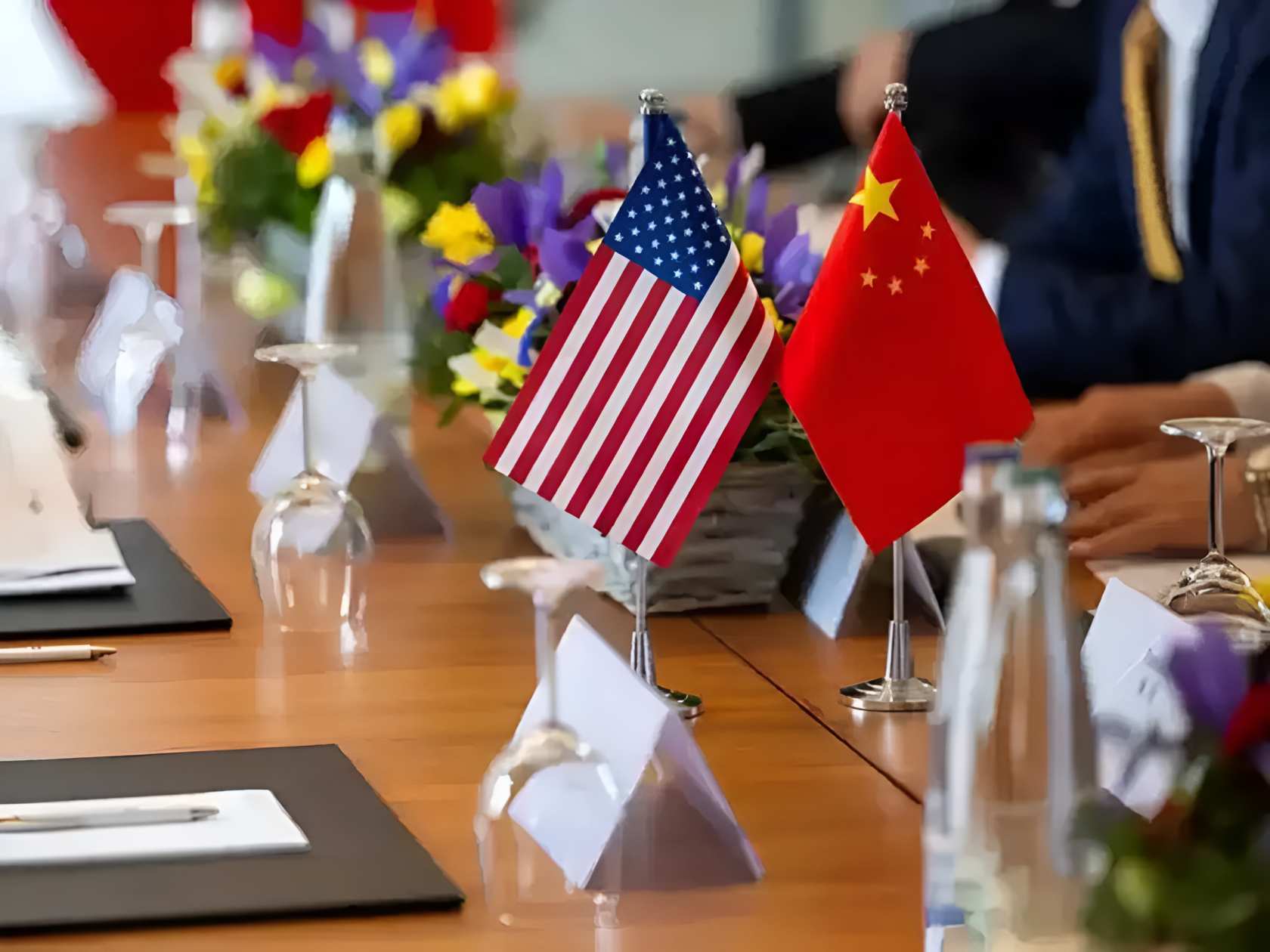Misinformation clouds US-China trade deal

One viral video, viewed millions of times on those platforms and TikTok, allegedly shows frantic American consumers scrambling to buy Chinese-made televisions in response to trade tensions.
False reports claiming that Americans are rushing to buy Chinese products and automated smear campaigns targeting U.S. brands are fueling a wave of misinformation, undermining a fragile trade pause between the United States and China.
Earlier this month, the two economic giants reached an unexpected agreement to suspend mutual tariffs for 90 days after holding high-level negotiations in Geneva, a brief reprieve in an otherwise tense trade standoff.
However, a different narrative is gaining traction on social media platforms like China’s Douyin and Weibo, where a flood of misleading content is stoking anti-American sentiment potentially jeopardizing the delicate trade ceasefire.
One viral video, viewed millions of times on those platforms and TikTok, allegedly shows frantic American consumers scrambling to buy Chinese-made televisions in response to trade tensions.
In truth, the footage dates back to 2018 and captures scenes from a typical Black Friday rush at a U.S. supermarket, unrelated to recent trade developments.
Chinese state media, including China Daily, helped amplify the misinformation, running sensational headlines like: "Americans are starting to stock up like crazy amid tariffs and snapping up Chinese-branded TVs."
One news segment on its website again using recycled footage from 2018, features a subtle “file footage” label in the top left corner, seemingly as a legal safeguard against accusations of deliberate misrepresentation.
Additional baseless claims have surfaced on Chinese social media, alleging that Americans are flying to China to buy goods and lining up to purchase supplies in bulk due to the economic strain caused by the trade war.
"These narratives are almost certainly state-curated," said Andrew Mertha, director of the SAIS China Global Research Centre at Johns Hopkins University, in an interview with AFP.
"The state has grown increasingly adept at using social media to shape public perception."
"These stories help steer Chinese public sentiment in line with government objectives," Mertha added. "In this instance, the message is, however inaccurate or premature, that ‘the U.S. is already hurting, so China should hold firm."
U.S. President Donald Trump’s unpredictable tariff decisions have rattled the global economy, sparking investor anxiety and turbulence in financial markets.
As part of the May 12 ceasefire, the U.S. agreed to temporarily scale back tariffs on Chinese goods from 145 percent to 30 percent, while China pledged to reduce duties on American products from 125% to 10%.
Many of these false stories began circulating even before the deal was reached, but they have persisted online, adding to widespread confusion and an escalating wave of misinformation.
"A lot of my friends in China asked me: Are there no eggs in the U.S.? Is it unsafe? Are people rushing to buy supplies? Have you stockpiled anything?" said Vivian Wei, a content creator based in Chicago, speaking to AFP.
The rumors led Wei to visit several supermarkets around Chicago, only to find the shelves well-stocked.
While American shoppers appeared largely unaffected by the wave of online misinformation, Wei noted that "the Chinese were getting very excited."
Last month, disinformation security firm Cyabra identified an anti-U.S. influence campaign on Elon Musk’s platform X, involving thousands of fake and bot-driven accounts.
These accounts targeted global brands like Gucci, Chanel, and Amazon, falsely claiming that these companies made their products in China while labeling them as “Made in France” or “Made in Italy.”
The campaign blamed Trump’s trade policies for enabling such misleading marketing and urged consumers to abandon these brands in favor of buying directly from China.
"This was a digital blitz. About one-third of the accounts weren’t real, but the backlash they created definitely was," Dan Brahmy, CEO of Cyabra, told AFP.
"Fake profiles hijacked luxury brands, spread anti-U.S. messages, and diverted buyers without raising suspicion—that’s what made the campaign so effective."
